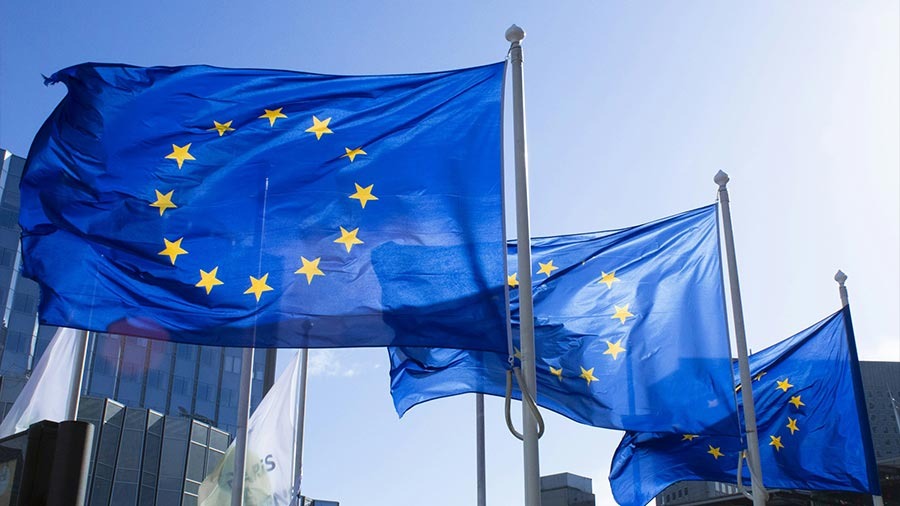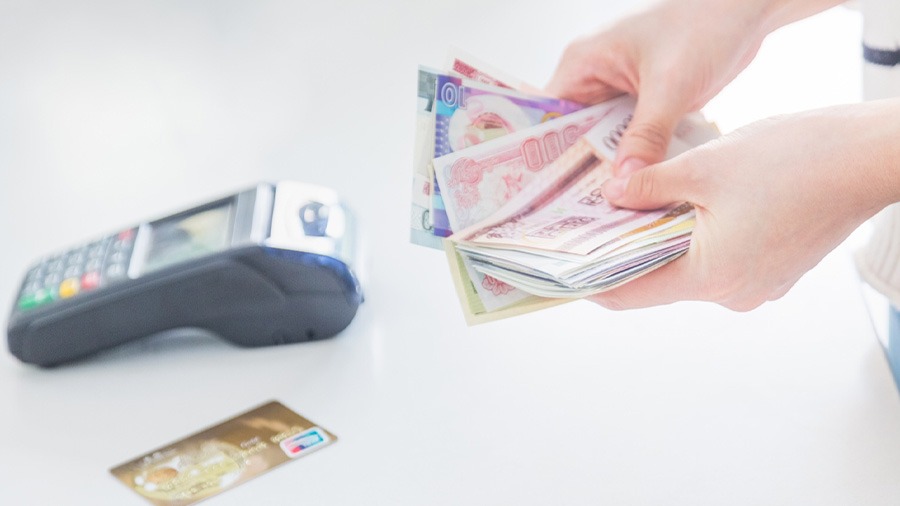
Connecting Retail brands to Asia’s consumers
Asia’s retail and consumer brand landscape is evolving rapidly, driven by rising consumer demand, e-commerce growth, and shifting regulatory frameworks. From global luxury brands and FMCG giants to direct-to-consumer startups, companies are seeking scalable and compliant ways to access Asia’s dynamic markets. However, retail expansion in the region involves a complex mix of trademark protection, partner due diligence, product registration, and local labor compliance. Building a successful presence requires not just brand relevance but also a robust understanding of legal, tax, and supply chain environments across jurisdictions.
Empowering Retail Expansion: Our Advantage
Expanding brand presence through local adaptation
We help global consumer brands align their identity with local market preferences, regulations, and consumer behavior.
Partner-driven strategies for sustainable growth
From franchise matching to channel management, we design partnership models that balance scale, control, and compliance.
Operational integration across supply and systems
We optimize sourcing, logistics, and retail tech to support cost-effective, responsive distribution across the region.
How We Support Retail and Consumer Brand Businesses
Retail operations require clear oversight, internal controls, and local alignment across HR, tax, and finance.
- Regional board setup and governance framework design
- Internal policy development (anti-corruption, supplier codes)
- Legal entity compliance and annual filing management
- Whistleblower, ethics, and internal audit program setup
- Structuring local oversight for retail outlets and subsidiaries
Brand integrity depends on strong, enforceable IP strategies across Asia’s fragmented legal landscape.
- Regional trademark filing and enforcement strategy
- Advisory on packaging, copyright, and brand usage protection
- Support with anti-counterfeit and customs recordal programs
- Cross-border trademark portfolio management
- Local representation for disputes and oppositions
Asia’s regulatory, logistics, and sourcing diversity makes distribution optimization a strategic necessity.
- Multi-country sourcing and vendor due diligence
- Trade and customs compliance planning
- Warehousing and logistics model evaluation
- Local distribution structuring (direct vs. franchise)
- Cross-border inventory flow and ERP integration
Identifying compliant, reliable franchise, distribution, or joint venture partners is critical in Asia’s complex markets.
- Franchise partner or distributor identification
- Due diligence and reputation vetting
- Commercial term structuring and negotiation support
- Local licensing and documentation advisory
- Tariff engineering advice to limit tariff exposure and maintain healthy margins
We help retail clients align their operational systems with local compliance needs and partner structures, particularly during regional expansion.
- Advisory on ERP system localization for tax and reporting
- Support aligning finance, payroll, and inventory modules with regulatory frameworks
- Vendor coordination for cross-border rollout and system compliance checks
- Internal controls and audit trail reviews for retail finance operations
- Consultation on data protection, e-invoicing, and reporting obligations
Have Any Questions?
Reach out to our local experts
FAQs – Retail and Consumer Brands
Asia’s fragmented legal and commercial landscape makes regional expansion difficult for brands without clear operational support. From trademark registration and product compliance to customs structuring and partner vetting, the risks of misalignment or legal exposure are high.
Our services are designed to provide strategic clarity at each stage. We help structure your legal presence, protect IP assets across markets, plan regional supply chains, and identify credible local partners. By integrating legal, tax, and operational insight, we enable sustainable retail growth across multiple jurisdictions.
Entering a new market in Asia means more than registering a company. Retailers must consider how to localize product offerings, comply with labeling and packaging standards, protect their brand, and set up tax and HR systems that meet local rules.
We help clients:
- Select the right entry structure (WFOE, JV, franchise, etc.)
- Register trademarks to prevent brand misuse
- Apply for any product-specific licenses (e.g., for cosmetics or packaged food)
- Localize labor contracts and compensation models
- Design a compliant tax and reporting framework from the start
Each step is sequenced to ensure legal protection, operational readiness, and brand control.
IP enforcement in Asia requires a proactive, country-by-country strategy. Most Asian countries don’t recognize common-law trademarks, so early filing is critical—especially in “first-to-file” jurisdictions like China and Indonesia.
We support:
- Regional trademark filing via direct and Madrid Protocol channels
- Ongoing IP monitoring to detect misuse and counterfeiting
- Enforcement through customs, online takedown tools, and litigation (as needed)
- Coordination with local IP agents for renewals and oppositions
- Packaging design, labeling, and copyright advice for retail visibility
This ensures your brand, content, and customer trust are protected throughout your expansion.
Yes — and the specifics vary significantly by country, industry segment, and business model. Retailers must distinguish between single-brand, multi-brand, online, and offline models when planning entry.
For example:
- India permits 100% FDI in single-brand retail but restricts multi-brand retail without government approval
- Indonesia requires minimum capital investment and may restrict formats like minimarts
- Vietnam imposes an Economic Needs Test (ENT) for opening second retail outlets
We help evaluate ownership structures, negotiate local partnerships where needed, and ensure long-term compliance.
Timelines depend heavily on product category, target market, and documentation readiness. Cosmetics and food often fall under health or agricultural ministries, which review ingredients, packaging, and labeling.
Typical timelines include:
- Singapore/Hong Kong: 3–6 weeks for notification-based products
- Indonesia/Vietnam: 2–4 months, including testing and approvals
- China: 4–8+ months for special-use cosmetics or imported food
We manage submissions, local lab coordination, and timeline forecasting to prevent product launch delays.
Retail supply chains in Asia are exposed to diverse risks: import duties, last-mile inefficiencies, fragmented vendors, and regulatory delays. Many brands also struggle with cost overruns from relying on centralized fulfillment.
We help brands restructure supply chains by:
- Diversifying suppliers
- Reducing tax burdens through trade agreement optimization
- Establishing compliant regional distribution hubs
- Integrating ERP and inventory systems for better demand visibility
- Aligning sourcing with packaging and EPR rules for sustainability
The result is a more flexible, compliant, and margin-protective supply network.
Local partners can unlock market access, licensing benefits, and built-in retail infrastructure—but poor partner choices lead to IP misuse, regulatory breaches, and brand dilution.
We support:
- Shortlisting and screening franchise or distribution partners
- Background and reputation checks to mitigate long-term risks
- Negotiation support for territorial rights, royalties, and performance terms
- Regulatory review of licensing and resale obligations
- Structuring contracts to preserve brand control while enabling local execution
Our partner strategy balances commercial speed with legal security.
Several Asian countries offer targeted incentives for logistics and warehousing — especially those supporting retail fulfillment and cross-border e-commerce.
You may benefit from:
- Corporate tax holidays or reduced rates in logistics parks (Vietnam, Thailand)
- VAT exemptions and duty relief in bonded zones (Malaysia, Indonesia)
- Accelerated depreciation for warehousing tech or automation (India)
- Land-use rebates or SEZ status in tier-2 cities across Asia
We help brands assess eligibility, model tax benefits, and stay compliant with ongoing reporting.
ESG expectations in Asia are rising fast, both from regulators and consumers. Non-compliance with packaging, waste, and labor standards can limit shelf access, damage brand credibility, or lead to enforcement.
We guide brands to:
- Align with national EPR laws and plastic packaging rules
- Set up ESG reporting tied to local and global standards (GRI, SASB)
- Conduct ESG reviews of suppliers, especially for labor and safety
- Integrate carbon tracking, ethical sourcing, and diversity into policies
- Communicate compliance credibly to regulators and customers
Sustainable retail isn't just good practice — it’s becoming mandatory.Bottom of Form
Our Clients
Discover our esteemed global clients across diverse sectors. We believe in providing our clients with exceptional service and a commitment to being their partner for growth in Asia.
See what our clients say about usContact Our Experts

We provide expert advisory and corporate services across Asia, guiding businesses through complex markets and regulations.















